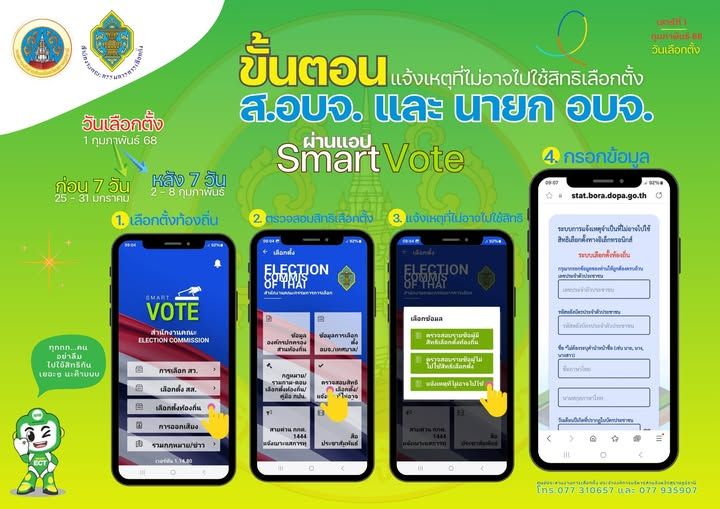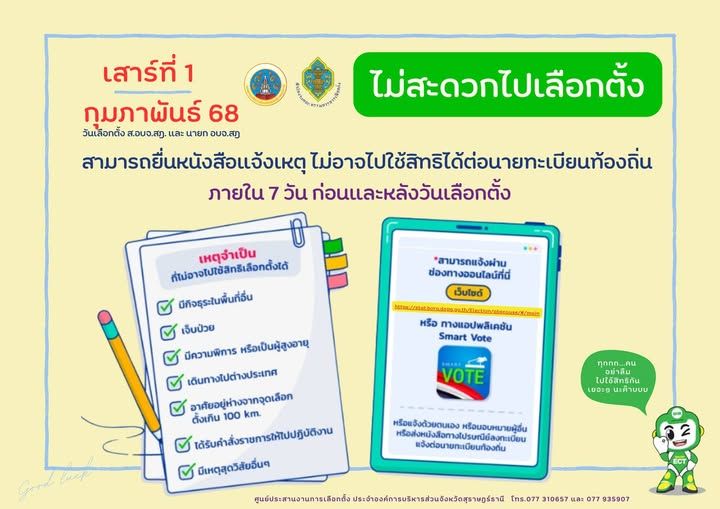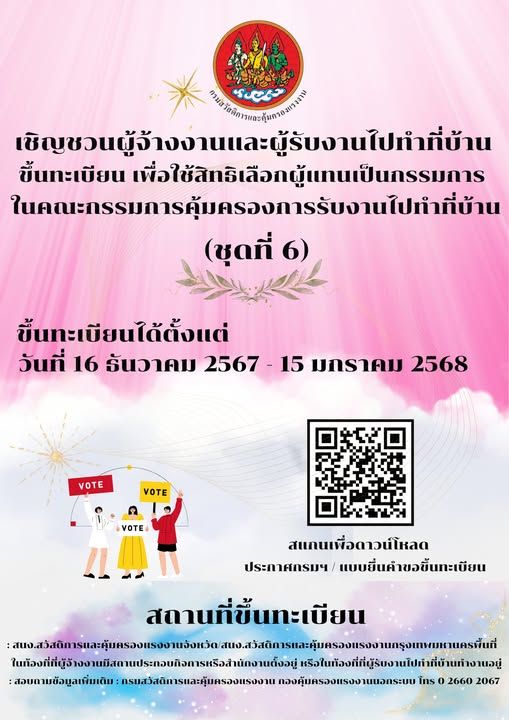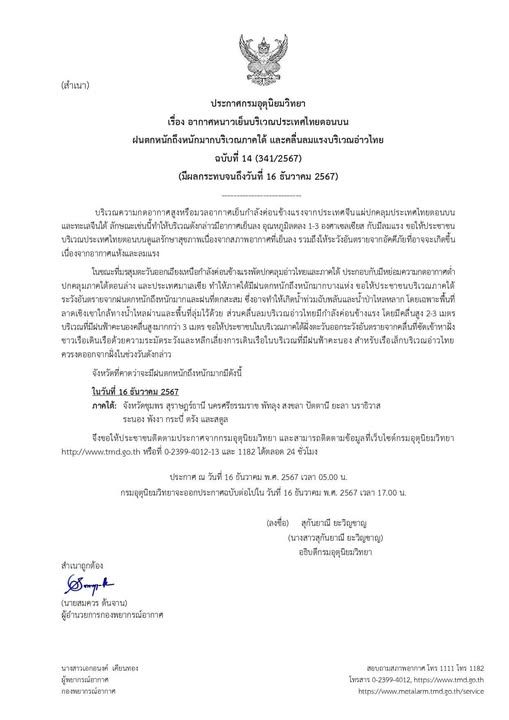🚨 Bangkok police are taking action against Chinese visitors with visible facial and body disfigurements, suspected of being involved in organized begging. Recent arrests have led to fines and a 10-year ban, with a possible connection to a larger gang. Help end this exploitative practice! #BangkokPolice #OrganizedBegging #StopExploitation #CampaignAgainstExploitation #TourismAwareness #StayVigilant
Increased Surveillance on Disfigured Visitors
Recent actions by the Metropolitan Police Bureau in Bangkok have marked a turning point in the management of street begging. Authorities are intensifying scrutiny over Chinese visitors with notable facial and body disfigurations. This increased vigilance follows observations that may link these individuals to begging activities possibly orchestrated by local Thais.
Series of Arrests and Legal Measures
Between November 10th and 20th, a precise operation led to the arrest of six Chinese individuals whose appearances were visibly marked by scarring. Allegedly, these scars were attributed to burns sustained in China, but further details were not disclosed. Subsequent to their apprehension, three of the beggars faced fines ranging from 100 to 500 baht. In a decisive move, the Immigration Bureau has slated these individuals for a 10-year prohibition from reentering Thailand. One individual has already been expelled, while the others are currently detained, pending further investigation.
Common Links and Suspected Organization
Initial findings have revealed intriguing commonalities among the detained. Some of the beggars utilized the same Thai translator’s services, with two sharing accommodations in Bangkok’s Wang Thonglang district and the others dispersed across various hotels in the city. Although a connection to a larger transnational human trafficking operation has not been established, there is suspicion that these individuals are part of an organized gang, with Thai nationals providing oversight and lodging.
Lucrative Earnings and Visa Exploits
The tactics employed by the beggars involved capitalizing on the generosity of the Thai populace in bustling locales and popular tourist spots. Earnings were significant, with each beggar reportedly accumulating around 10,000 baht daily. The investigative team has uncovered their methods for exchanging coins for larger bill denominations but has yet to trace the conversion of Thai currency into yuan.
Official Responses and Future Safeguards
High-ranking officials, including the national and Bangkok police chiefs, have called for a crackdown on this unlawful practice. Going forward, law enforcement will be meticulously examining Chinese visitors who present with disfigurations to thwart any attempts at illicit begging.
Social welfare authorities, represented by Sarawut Mulpho of the Ministry of Social Development and Human Security, disclosed that over 7,000 beggars have been identified. A considerable proportion of these were foreigners, predominantly from Cambodia and Myanmar, many with ties to organized gangs. These foreign nationals are purported to be taking advantage of Thailand’s visa-free policy.
Activist’s Campaign against Exploitation
The current legal actions find their impetus in the efforts of an activist known as “good Samaritan” Kan Chompalang. His discovery of six Chinese individuals dressed in student uniforms, suspected of involvement in human trafficking, has added a crucial layer to the ongoing narrative.
In Summary
Bangkok’s streets are at the center of a concerted effort to address the complex issue of street begging, which now includes a focus on foreign nationals with disfigurements. The Thai authorities are taking significant steps to dismantle what appears to be a highly organized and profitable exploitation of individuals for begging purposes.
Frequently Asked Questions
What actions are the Bangkok police taking against Chinese visitors involved in organized begging?
🚨 In a bid to curb the exploitative practice of organized begging, the Bangkok police have heightened their efforts against Chinese nationals with visible facial and body disfigurements. This crack down has led to recent arrests and subsequent legal measures, including fines and a strict 10-year ban on re-entry into Thailand for those found guilty. The Metropolitan Police Bureau’s campaign involves increased surveillance and scrutiny to help end this form of exploitation and maintain tourism awareness.
Have there been any confirmed links between the arrested individuals and larger criminal organizations?
While there have been some common links observed among the individuals detained—such as using the same Thai translator and sharing accommodations—there is currently no definitive evidence connecting them to a larger transnational human trafficking operation. However, there are suspicions that the beggars may be part of an organized gang, overseen by local Thais, given the structured nature of their activities and lodging arrangements.
What measures are being proposed to prevent further exploitation of disfigured foreigners for begging?
Looking ahead, Thai law enforcement is implementing future safeguards by meticulously examining Chinese visitors with disfigurements to prevent illicit begging activities. High-ranking officials are advocating for a crackdown on this unlawful practice. Additionally, social welfare authorities are identifying beggars, with a significant number being foreigners exploiting Thailand’s visa-free policy. Activists like Kan Chompalang are also campaigning to raise awareness and stop exploitation, further fueling the legislative and social efforts to address and dismantle these organized begging schemes.




